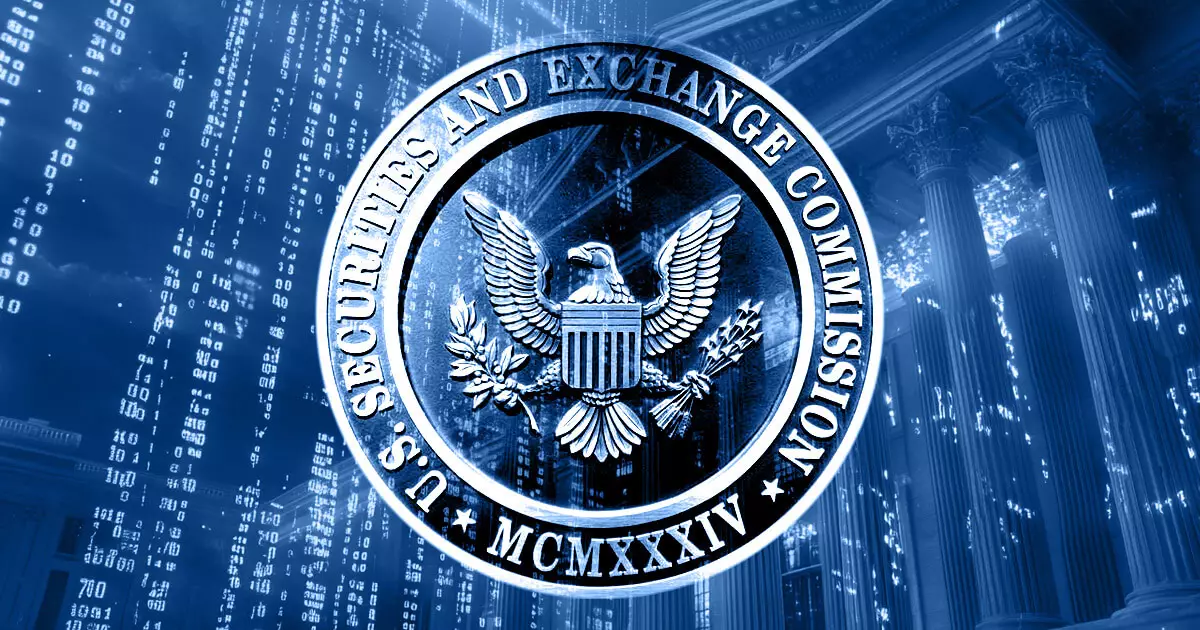The cryptocurrency market continues to experience significant regulatory scrutiny, with the US Securities and Exchange Commission (SEC) recently making headway on two important filings. These include Grayscale’s amendment for its proposed spot Litecoin ETF and BlackRock’s request for in-kind redemptions for its iShares Bitcoin ETF. The implications of these filings are substantial, as they may signify a shift in the regulatory landscape for digital assets. Analysts, including Bloomberg’s senior ETF expert Eric Balchunas, have noted that the SEC’s engagement with these documents enhances the probability of approval, particularly for the Litecoin ETF.
The potential approval of a spot Litecoin ETF represents a critical junction for both Grayscale and the broader cryptocurrency ecosystem. Balchunas argues that the Litecoin ETF meets regulatory criteria, positioning it favorably for approval. Unlike many other digital assets, Litecoin is categorized as a commodity rather than a security, which simplifies its regulatory pathway. The recent actions by the SEC indicate a growing acceptance of cryptocurrency-related financial products, narrowing the chances for future regulatory roadblocks. Should the SEC proceed with approval, it could inspire a wave of similar applications from other cryptocurrency projects vying for a spot in the ETF marketplace.
Parallel to developments around the Litecoin ETF, BlackRock’s application to enable in-kind redemptions for its Bitcoin ETF encapsulates a broader trend in the cryptocurrency investment landscape. If sanctioned, this modification will allow investors to redeem their shares by directly receiving Bitcoin instead of cash, streamlining the redemption process. This shift is particularly advantageous for large institutional investors who may face significant tax liabilities from capital gains triggered by cash conversions. By facilitating in-kind redemptions, the ETF structure could become more enticing for investors seeking efficiency and liquidity, contributing to the overall vitality of the market.
Overall, the SEC’s movements signal a potentially transformative phase in the regulatory treatment of digital assets. The ongoing interest in crypto ETFs, especially in the wake of recent Bitcoin ETF approvals, illustrates that the market is maturing. Analysts predict that the SEC might choose to approve multiple crypto ETFs simultaneously, recognizing the need for diversified investment vehicles in a rapidly evolving digital economy. Moreover, the success of in-kind redemption mechanisms can set a precedent for future financial products, enhancing their operational efficiency and appeal.
As market participants closely monitor these developments, the outcomes will likely shape the future dynamics of cryptocurrency investment. Approval of these ETFs not only represents individual milestones for firms like Grayscale and BlackRock, but it also signifies a turning point for regulatory policies surrounding digital assets, potentially fostering a more robust ecosystem for investors. The culmination of these events could lead to a revitalized investment narrative around cryptocurrencies, reassured by a foundation of regulatory support and innovation.















